As storytellers and liars, the Nabataeans ranked among the greatest. Many of their stories were believed by outside civilizations, and even to this day many people believe that the city of Petra is hidden in the middle of a rock valley, and inaccessible except through a very narrow crack in the rock. Below are some of the Tall Tales that the Nabataeans told.
The Obtaining of Frankincense
Arabia is the last of inhabited lands towards the south, and it is the only country which produces frankincense, myrrh, cassia, cinnamon, and laudanum. The Arabians do not get any of these, except the myrrh, without trouble. The frankincense they procure by means of the gum styrax, which the Greeks obtain from the Phoenicians; this they burn, and thereby obtain the spice. For the trees which bear the frankincense are guarded by winged serpents, small in size, and of varied colors, whereof vast numbers hang about every tree. They are of the same kind as the serpents that invade Egypt; and there is nothing but the smoke of the styrax which will drive them from the trees. The Arabians say that the whole world would swarm with these serpents, if they were not kept in check in the way in which I know that vipers are.
Such, then, is the way in which the Arabians obtain their frankincense; their manner of collecting the cassia is the following: They cover all their body and their face with the hides of oxen and other skins, leaving only holes for the eyes, and thus protected go in search of the cassia, which grows in a lake of no great depth. All round the shores and in the lake itself there dwell a number of winged animals, much resembling bats, which screech horribly, and are very valiant. These creatures they must keep from their eyes all the while that they gather the cassia.
Still more wonderful is the mode in which they collect the cinnamon. Where the wood grows, and what country produces it, they cannot tell—only some, following probability, relate that it comes from the country in which Bacchus was brought up. Great birds, they say, bring the sticks which we Greeks, taking the word from the Phoenicians, call cinnamon, and carry them up into the air to make their nests. These are fastened with a sort of mud to a sheer face of rock, where no foot of man is able to climb.
So the Arabians, to get the cinnamon, use the following artifice. They cut all the oxen and asses and beasts of burthen that die in their land into large pieces, which they carry with them into those regions, and Place near the nests: then they withdraw to a distance, and the old birds, swooping down, seize the pieces of meat and fly with them up to their nests; which, not being able to support the weight, break off and fall to the ground. Hereupon the Arabians return and collect the cinnamon, which is afterwards carried from Arabia into other countries. Concerning the spices of Arabia let no more be said. The whole country is scented with them, and exhales an odor marvelously sweet.
Nabataean Sheep
There are also in Arabia two kinds of sheep worthy of admiration, the like of which is nowhere else to be seen; the one kind has long tails, not less than three cubits in length, which, if they were allowed to trail on the ground, would be bruised and fall into sores. As it is, all the shepherds know enough of carpentering to make little trucks for their sheep’s tails. The trucks are placed under the tails, each sheep having one to himself, and the tails are then tied down upon them. The other kind has a broad tail, which is a cubit across!
Incest in South Arabia
The aromatic country, as I have before said, is divided into four parts. Of aromatics, the frankincense and myrrh are said to be the produce of trees, but cassia the growth of bushes; yet some writers say, that the greater part (of the cassia) is brought from India, and that the best frankincense is that from Persia. According to another partition of the country, the whole of Arabia Felix is divided into five kingdoms (or portions), one of which comprises the fighting men, who fight for all the rest; another contains the husbandmen, by whom the rest are supplied with food; another includes those who work at mechanical trades. One division comprises the myrrh region; another the frankincense region, although the same tracts produce cassia, cinnamon, and nard. Trades are not changed from one family to another, but each workman continues to exercise that of his father. The greater part of their wine is made from the palm. A man’s brothers are held in more respect than his children. The descendants of the royal family succeed as kings, and are invested with other governments, according to primogeniture. Property is common among all the relations. The eldest is the chief. There is one wife among them all. He who enters the house before any of the rest, has intercourse with her having placed his staff at the door; for it is a necessary custom which every one is compelled to observe, to carry a staff.
_The woman, however, passes the night with the eldest. Hence the male children are all brothers. They have sexual intercourse also with their mothers. Adultery is punished with death, but an adulterer must belong to another family. A daughter of one of the kings was of extraordinary beauty, and had fifteen brothers, who were all in love with her, and were her unceasing and successive visitors; she, being at last weary of their importunity, is said to have employed the following device. She procured staves to be made similar to those of her brothers; when one left the house she placed before the door a staff similar to the first, and a little time afterwards another, and so on in succession, but making her calculation so that the person who intended to visit her might not have one similar to that at her door. On an occasion when the brothers were all of them together at the market-place, one left it, and came to the door of the house seeing the staff there, and conjecturing some one to be in his apartment, and having left all the other brothers at the marketplace, he suspected the person to be an adulterer; running therefore in haste to his father, he brought him with him to the house, but it was proved that he had falsely accused his sister. _ (Herodotus XVI.iv.26.)



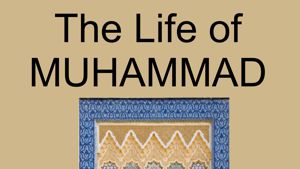
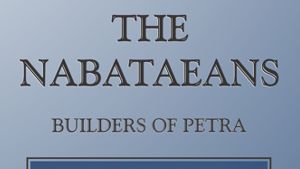



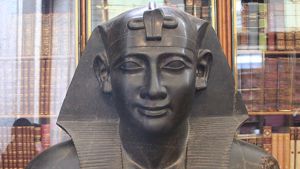
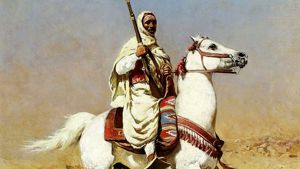

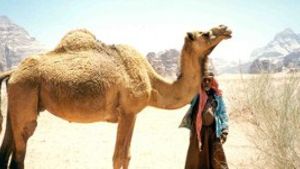
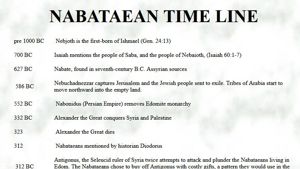
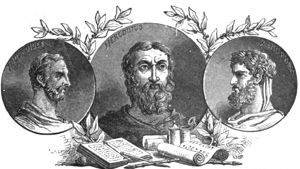


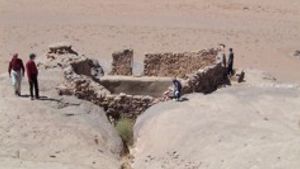
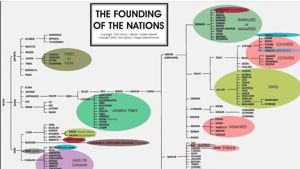
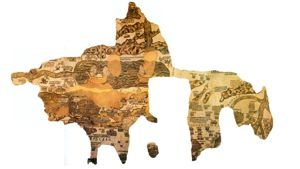

Page Discussion
Membership is required to comment. Membership is free of charge and available to everyone over the age of 16. Just click SignUp, or make a comment below. You will need a user name and a password. The system will automatically send a code to your email address. It should arrive in a few minutes. Enter the code, and you are finished.
Members who post adverts or use inappropriate language or make disrespectful comments will have their membership removed and be barred from the site. By becoming a member you agree to our Terms of Use and our Privacy, Cookies & Ad Policies. Remember that we will never, under any circumstances, sell or give your email address or private information to anyone unless required by law. Please keep your comments on topic. Thanks!